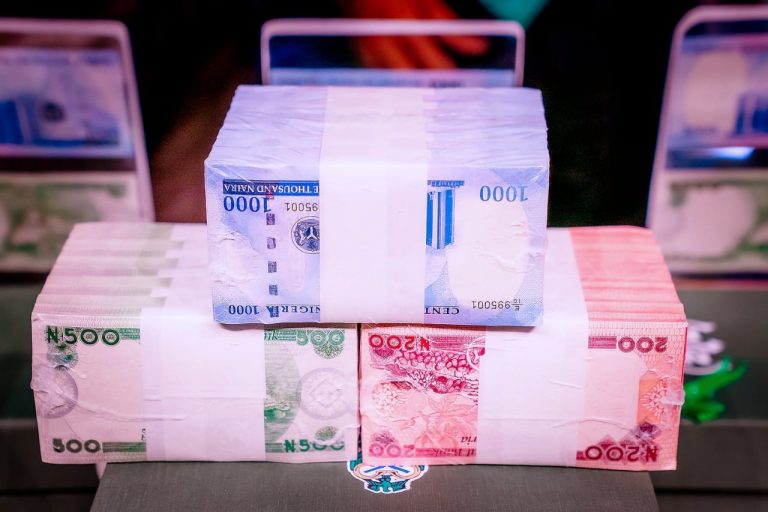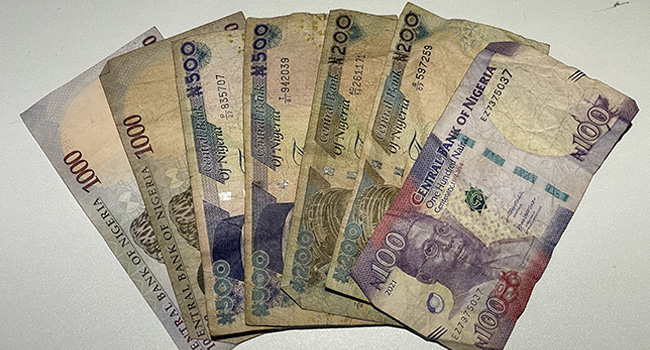The Central Bank of Nigeria (CBN) has issued a strong clarification, assuring the public that old naira notes will not cease to be legal tender on December 31, 2024, as previously claimed. In a statement on X, Sidi Ali Hakama, the acting director of corporate communications at the CBN, emphasized that the old series of N200, N500, and N1,000 banknotes will continue to circulate alongside the redesigned versions, following a Supreme Court ruling on November 29, 2023.
This statement comes in response to an earlier announcement from the House of Representatives, which indicated that the old naira notes would become invalid after the stated date. CBN’s reassurance aims to quell any confusion among the public and businesses regarding the status of these banknotes.
Hakama reiterated that the CBN’s directive to its branches to issue and accept all banknotes, regardless of whether they are old or newly redesigned, remains firmly in place. “The Supreme Court ordered that the old series of N200, N500, and N1,000 banknotes shall continue to be legal tender. Accordingly, all banknotes issued by the CBN will remain valid indefinitely,” he stated.
The CBN urged Nigerians to confidently accept all naira banknotes for everyday transactions, reinforcing the importance of treating these notes with care to extend their lifecycle. “We, therefore, advise the public to disregard any suggestions that the old series of banknotes will cease to be legal tender on December 31, 2024,” the CBN added.
In light of ongoing changes in the financial landscape, the CBN also encouraged the public to embrace alternative payment methods, such as electronic channels, to reduce dependence on physical cash. This push for digital transactions aligns with global trends towards cashless economies and aims to enhance the efficiency of financial exchanges in Nigeria.
By addressing these concerns, the CBN aims to provide stability and confidence in the currency system, ensuring that Nigerians can continue their economic activities without fear of sudden changes to the validity of their currency.










